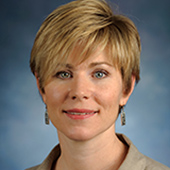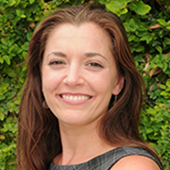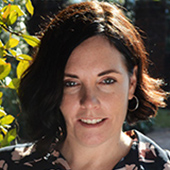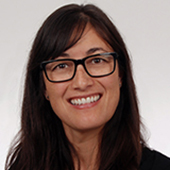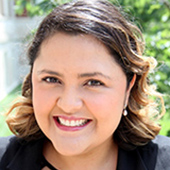Language and Literacy Studies
Department of Curriculum and Instruction
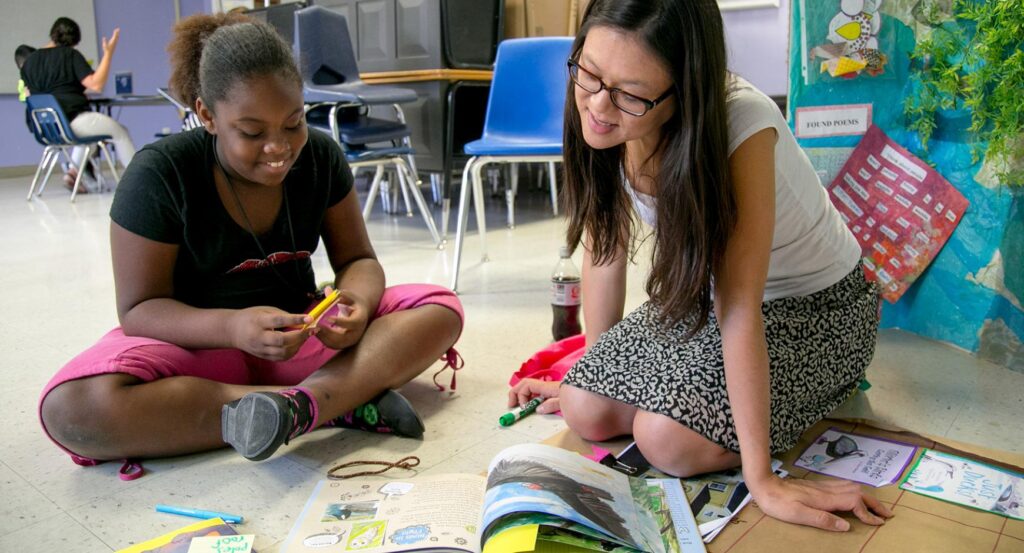
Language and Literacy Studies are called many things—English, Language Arts, Reading, Literacy—and its complexity and significance is increasing more than ever in the 21st century. Our faculty and students contribute to the ways literacy education is changing in digital environments within an increasingly diverse communication landscape.
Our master’s and Ph.D. programs focus on educational research in the ways children learn and re-learn how to read and compose in an evolving world. This includes an increase in the number of genres, media, cultures, and languages within a community. Our programs give educators the opportunity to think deeply about teaching and learning in diverse classrooms and communities. We provide students with theoretically sound, research-based ways of growing their knowledge of Language and Literacy Education. Students in our program go on to become certified teachers, professors, and policy influencers for education.
Faculty

Studies children's literature and researches the home literacy practices of families with young children in under-resourced communities.


Dr. Flores' research focuses on Latina mothers and daughters language and literacy practices, the teaching of young writers in culturally and linguistically diverse classrooms, and family and community literacies.

Brings her experience in literacy education to UT with a specialization in preparing secondary teachers to work in urban schools.

Studies literacy, language, and multicultural education, especially involving new media and globalization.

Examines literacy teacher preparation, specifically the role of coaching and mentoring that occurs inside programs.




Focuses on secondary English and literacy education in urban contexts, including among transnational youth.

Literacy teacher preparation, coaching and mentoring, literacy instruction
Degrees
Related Programs
Our Alumni
Mission Statement
Faculty in the Language & Literacy Studies program at the University of Texas at Austin view literacy as a dynamic and powerful force in society and in people’s lives, and we believe that it should be taught in ways that are true to that vision. We see literacy changing significantly in our lifetimes, and those changes make us mindful of the history that came before current practices in literacy and teaching, as well as of the new forms of literacy and education in our future. We know that what one can understand about literacy depends upon where and how one looks at it, and so we believe more wisdom is available when varied perspectives are in dialogue.
We are committed to teaching and research about literacy practices in classrooms and schools. We maintain a focus on the classroom because we believe that the teaching and learning of literacy occur in specific contexts, amidst particular relationships. Schooling is a special context, and the relationships that occur there are unique to it. Moreover, schools are situated in particular communities, which are nested in still larger social contexts, and we think all of these levels of contextualization give literacy teaching and learning its character.
We are especially committed to teacher education, at all levels of experience, from pre-service to induction and throughout a teaching career. For the most part, we are committed to teacher education that is field-based, i.e., that occurs in school settings. Wherever it occurs, we are interested in examining the meaning and effects of the contexts of teacher learning upon what is learned. We see the relationship between university teacher educators and schools as being one of mutual inquiry – a partnership in learning.
We see teachers as thoughtfully adaptive decision makers, and we see teaching as purposeful and deliberate. We act on the assumption that to teach, people must understand what they are doing, and they must mean to do something, rather than merely implementing someone else’s ideas. As teachers ourselves, we try to take a critical stance toward our work, toward others’ teaching, and toward curriculum, and we expect the critical conversation evaluating the meaning, quality, and utility of research to include K-12 teachers.
We have a special commitment to classrooms that foster and value multilingualism, multi-dialectalism, and multiculturalism. We are committed to seeing such classrooms and the students who learn in them as bringing special resources with them to school. As a corollary, we critique our own language, and that of others, when we perceive it as expressing a deficit perspective on students or teachers.
We view literacy learning as a continuous, recursive, lifelong process, not as neatly segmented into grade levels or levels of schooling. We believe that teachers, scholars, teacher educators, and students, are best served by a view of literacy that is situated in a lifespan of cumulative experience. Consequently, we do not see some professionals as purely “elementary,” “secondary,” or “post-secondary.” Mindful of the ways literacy is continually changing in our society, we study literacy acquisition as recurrent and ongoing across people’s entire lives.
Additional Resources
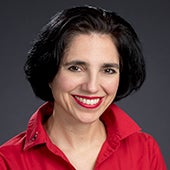
Ph.D. Admissions and Program Advisor
Denise Dávila
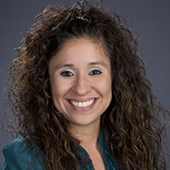
Program Coordinator
Tracey Flores
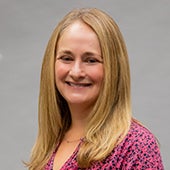
Master’s Admissions and Advisor
Melissa Wetzel

Graduate Admissions Coordinator
Stephen Flynn

